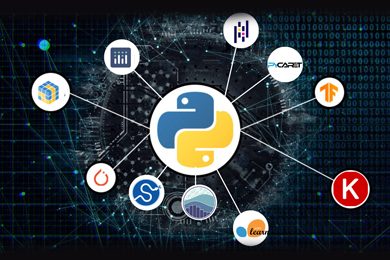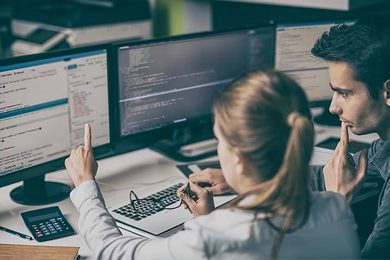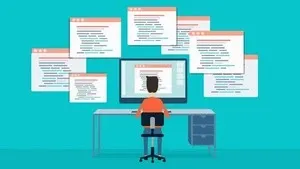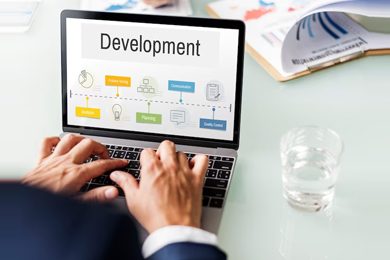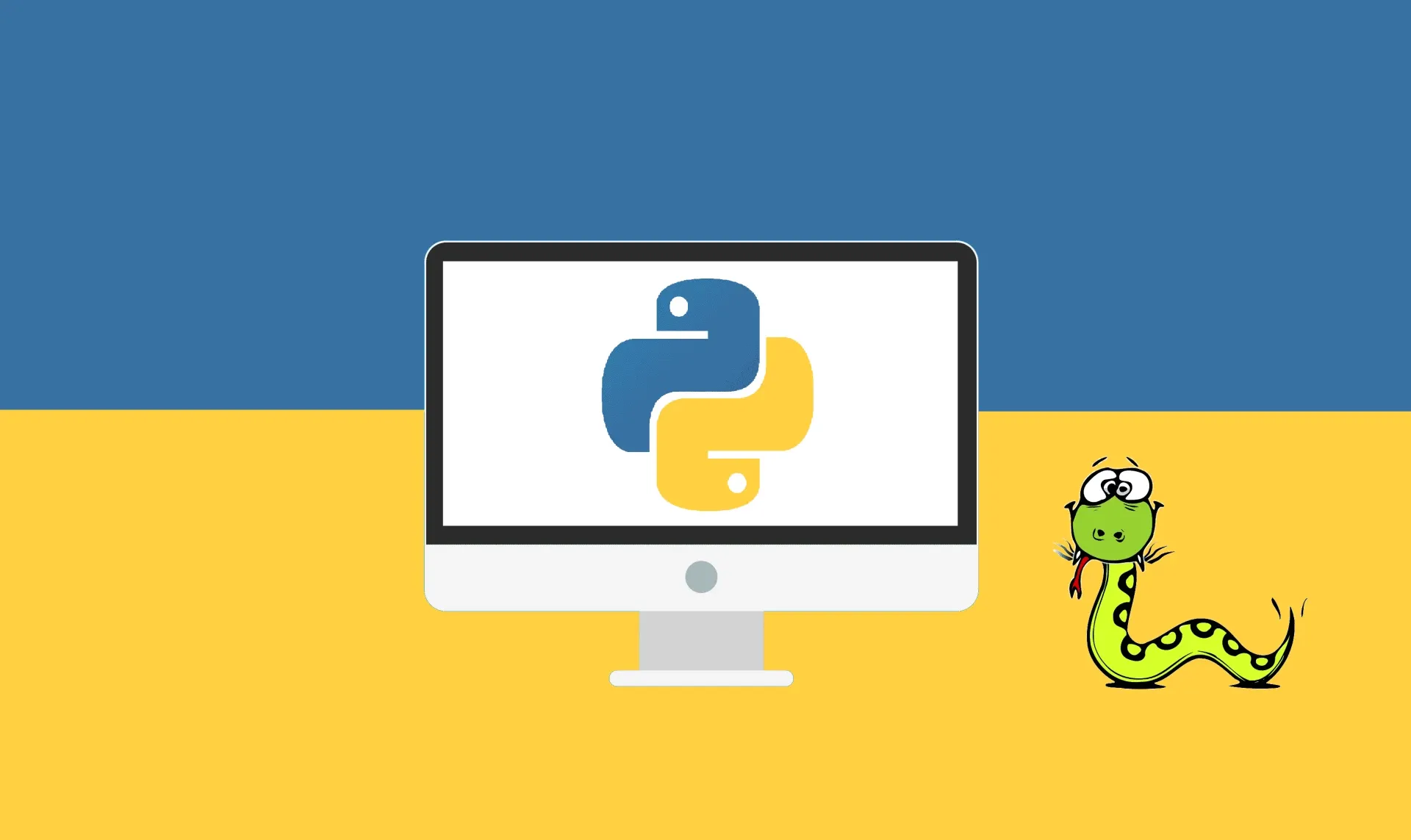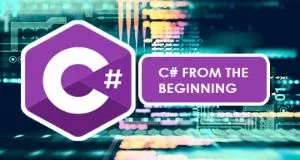This plan includes
- Limited free courses access
- Play & Pause Course Videos
- Video Recorded Lectures
- Learn on Mobile/PC/Tablet
- Quizzes and Real Projects
- Lifetime Course Certificate
- Email & Chat Support
What you'll learn?
- Essential Python data types and data structure basics with Libraries like NumPy and Pandas for Data Science or Machine Learning Beginner.
Course Overview
Pre-requisites
- A decent configuration computer and the willingness to lay the corner stone for your big data journey.
Target Audience
- Data science enthusiasts who want to begin their career.
Curriculum 61 Lectures 06:10:39
Section 1 : Introduction to Python.
Section 2 : Preparing Computer - Installing Anaconda.
- Lecture 1 :
- Preparing Computer - Installing Anaconda.
Section 3 : Python Strings.
- Lecture 1 :
- Python Strings-Part 1
- Lecture 2 :
- Python Strings-Part 2
Section 4 : Python Numbers and Operators.
- Lecture 1 :
- Python Numbers and Operators- Part 1
- Lecture 2 :
- Python Numbers and Operators- Part 2
Section 5 : Python Lists.
- Lecture 1 :
- Python Lists - Part 1
- Lecture 2 :
- Python Lists - Part 2
- Lecture 3 :
- Python Lists - Part 3
- Lecture 4 :
- Python Lists - Part 4
- Lecture 5 :
- Python Lists - Part 5
Section 6 : Python Sets.
- Lecture 1 :
- Python Sets - Part 1
- Lecture 2 :
- Python Sets - Part 2
Section 7 : Python Tuples.
- Lecture 1 :
- Python Tuples.
Section 8 : Python Dictionary.
- Lecture 1 :
- Python Dictionary - Part 1
- Lecture 2 :
- Python Dictionary - Part 2
Section 9 : Numpy Library - Introduction.
- Lecture 1 :
- Numpy Library - Introduction - Part 1
- Lecture 2 :
- Numpy Library - Introduction - Part 2
- Lecture 3 :
- Numpy Library - Introduction - Part 3
Section 10 : Numpy Array Operations and Indexing.
- Lecture 1 :
- Numpy Array Operations and Indexing - Part 1
- Lecture 2 :
- Numpy Array Operations and Indexing - Part 2
Section 11 : Numpy Multi-Dimentional Arrays.
- Lecture 1 :
- Numpy Multi-Dimentional Arrays - Part 1
- Lecture 2 :
- Numpy Multi-Dimentional Arrays - Part 2
- Lecture 3 :
- Numpy Multi-Dimentional Arrays - Part 3
Section 12 : Introduction to Pandas Series.
- Lecture 1 :
- Introduction to Pandas Series.
- Lecture 2 :
- Introduction to Pandas Dataframes.
Section 13 : Pandas Dataframe conversion and drop.
- Lecture 1 :
- Pandas Dataframe conversion and drop - Part 1
- Lecture 2 :
- Pandas Dataframe conversion and drop - Part 2
- Lecture 3 :
- Pandas Dataframe conversion and drop - Part 3
Section 14 : Pandas Dataframe summary select.
- Lecture 1 :
- Pandas Dataframe summary select - Part 1
- Lecture 2 :
- Pandas Dataframe summary select - Part 2
- Lecture 3 :
- Pandas Dataframe summary select - Part 3
Section 15 : Pandas Missing Sort.
- Lecture 1 :
- Pandas Missing Sort - Part 1
- Lecture 2 :
- Pandas Missing Sort - Part 2
Section 16 : Pandas Heirarchial-Multi Indexing.
- Lecture 1 :
- Pandas Heirarchial-Multi Indexing.
Section 17 : Pandas CSV File Read Write.
- Lecture 1 :
- Pandas CSV File Read Write - Part 1
- Lecture 2 :
- Pandas CSV File Read Write - Part 2
Section 18 : Pandas Json read write
- Lecture 1 :
- Pandas Json read write.
Section 19 : Pandas Concatnation Merging and Joining.
- Lecture 1 :
- Pandas Concatnation Merging and Joining - Part 1
- Lecture 2 :
- Pandas Concatnation Merging and Joining - Part 2
- Lecture 3 :
- Pandas Concatnation Merging and Joining - Part 3
Section 20 : Pandas Stacking and Pivoting.
- Lecture 1 :
- Pandas Stacking and Pivoting - Part 1
- Lecture 2 :
- Pandas Stacking and Pivoting - Part 2
Section 21 : Pandas Duplicate Data Management.
- Lecture 1 :
- Pandas Duplicate Data Management.
Section 22 : Pandas Mapping.
- Lecture 1 :
- Pandas Mapping.
Section 23 : Pandas groupby.
- Lecture 1 :
- Pandas groupby.
Section 24 : Pandas Aggregation.
- Lecture 1 :
- Pandas Aggregation.
Section 25 : Pandas Binning or Bucketing.
- Lecture 1 :
- Pandas Binning or Bucketing.
Section 26 : Pandas Reindex Rename.
- Lecture 1 :
- Pandas Reindex Rename - Part 1
- Lecture 2 :
- Pandas Reindex Rename - Part 2
Section 27 : Pandas Replace Values.
- Lecture 1 :
- Pandas Replace Values.
Section 28 : Pandas Dataframe Metrics.
- Lecture 1 :
- Pandas Dataframe Metrics.
Section 29 : Pandas Random Permutation.
- Lecture 1 :
- Pandas Random Permutation.
Section 30 : Pandas Excelsheet Import.
- Lecture 1 :
- Pandas Excelsheet Import.
Section 31 : Pandas Condition Selection and Lambda Function.
- Lecture 1 :
- Pandas Condition Selection and Lambda Function - Part 1
- Lecture 2 :
- Pandas Condition Selection and Lambda Function - Part 2
Section 32 : Pandas Ranks Min Max.
- Lecture 1 :
- Pandas Ranks Min Max.
Section 33 : Pandas Cross Tabulation.
- Lecture 1 :
- Pandas Cross Tabulation.
Section 34 : Graphs and plots using matplotlib.
- Lecture 1 :
- Graphs and plots using matplotlib - Part 1
- Lecture 2 :
- Graphs and plots using matplotlib - Part 2
Section 35 : Histograms using matplotlib.
- Lecture 1 :
- Histograms using matplotlib.
Our learners work at
Frequently Asked Questions
How do i access the course after purchase?
It's simple. When you sign up, you'll immediately have unlimited viewing of thousands of expert courses, paths to guide your learning, tools to measure your skills and hands-on resources like exercise files. There’s no limit on what you can learn and you can cancel at any time.Are these video based online self-learning courses?
Yes. All of the courses comes with online video based lectures created by certified instructors. Instructors have crafted these courses with a blend of high quality interactive videos, lectures, quizzes & real world projects to give you an indepth knowledge about the topic.Can i play & pause the course as per my convenience?
Yes absolutely & thats one of the advantage of self-paced courses. You can anytime pause or resume the course & come back & forth from one lecture to another lecture, play the videos mulitple times & so on.How do i contact the instructor for any doubts or questions?
Most of these courses have general questions & answers already covered within the course lectures. However, if you need any further help from the instructor, you can use the inbuilt Chat with Instructor option to send a message to an instructor & they will reply you within 24 hours. You can ask as many questions as you want.Do i need a pc to access the course or can i do it on mobile & tablet as well?
Brilliant question? Isn't it? You can access the courses on any device like PC, Mobile, Tablet & even on a smart tv. For mobile & a tablet you can download the Learnfly android or an iOS app. If mobile app is not available in your country, you can access the course directly by visting our website, its fully mobile friendly.Do i get any certificate for the courses?
Yes. Once you complete any course on our platform along with provided assessments by the instructor, you will be eligble to get certificate of course completion.
For how long can i access my course on the platform?
You require an active subscription to access courses on our platform. If your subscription is active, you can access any course on our platform with no restrictions.Is there any free trial?
Currently, we do not offer any free trial.Can i cancel anytime?
Yes, you can cancel your subscription at any time. Your subscription will auto-renew until you cancel, but why would you want to?
Instructor

286604 Course Views
19 Courses



 Tech & IT
Tech & IT
 Business
Business
 Coding & Developer
Coding & Developer
 Finance & Accounting
Finance & Accounting
 Academics
Academics
 Office Applications
Office Applications
 Art & Design
Art & Design
 Marketing
Marketing
 Health & Wellness
Health & Wellness
 Sounds & Music
Sounds & Music
 Lifestyle
Lifestyle
 Photography
Photography




